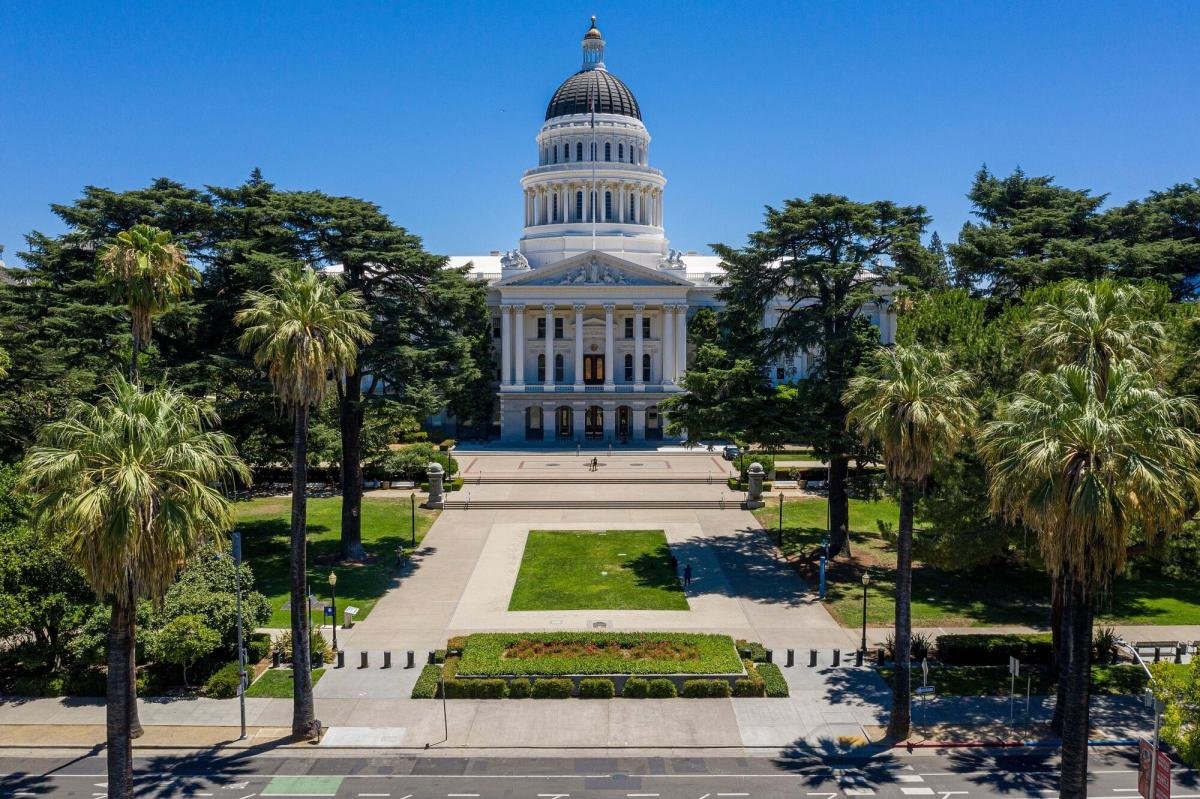(Bloomberg) — The rally in technology stocks has created so much wealth in California that it has helped the state fill its coffers.
Most Read from Bloomberg
-
Trump Promises Could Have Seismic Impact on Washington Economy
-
Tokyo’s Scorching Summers Focus Public Anger Against Tree Cutting
-
NY Congestion Pricing Survived a Pause. Here’s What Could Kill It
California’s budget for the coming fiscal year is “roughly balanced,” the state’s Legislative Analyst’s Office said on Wednesday, citing a surge in corporate and personal-income tax revenue driven by Silicon Valley’s booming artificial intelligence and tech sectors, as well as changes to the tax code.
“In the first half of 2024, stock pay alone at four major technology companies accounted for almost 10% of the state’s total income tax withholding,” the LAO said in a report released Wednesday.
Because of its reliance on its richest people, California’s economy — which is considered among the largest in the world — is sensitive to extreme booms and busts. The top 1% of California earners pay nearly half of personal income-tax collections.
A gauge of the so-called Magnificent Seven mega tech companies — Alphabet Inc., Amazon.com Inc., Apple Inc., Meta Platforms Inc., Microsoft Corp., Nvidia Corp. and Tesla Inc. — is up 56% so far this year, more than twice the advance of the S&P 500 Index.
The balanced budget projection comes after California’s legislature in June passed a $211 billion spending plan for the fiscal year that began July 1 that had to fill what was an estimated $27.6 billion shortfall.
The Legislative Analyst’s Office report will help guide Governor Gavin Newsom and the state legislature to craft a budget for the upcoming fiscal year. Newsom’s initial budget proposal is expected in early January.
California revenues were elevated by an unexpected corporate tax windfall that was injected into state coffers this summer, the LAO said. The forecast projects that tax collections are on track to beat expectations by $7 billion during the period starting July 1, 2023 and ending June 30, 2026.
“Despite softness in the state’s labor market and consumer spending, earnings of high‑income Californians have surged in recent months,” the LAO said. “Income tax collections have seen a similar bounce. This recovery in income tax revenues is being driven by the recent stock market rally, which calls into question its sustainability in the absence of improvements to the state’s broader economy.”















